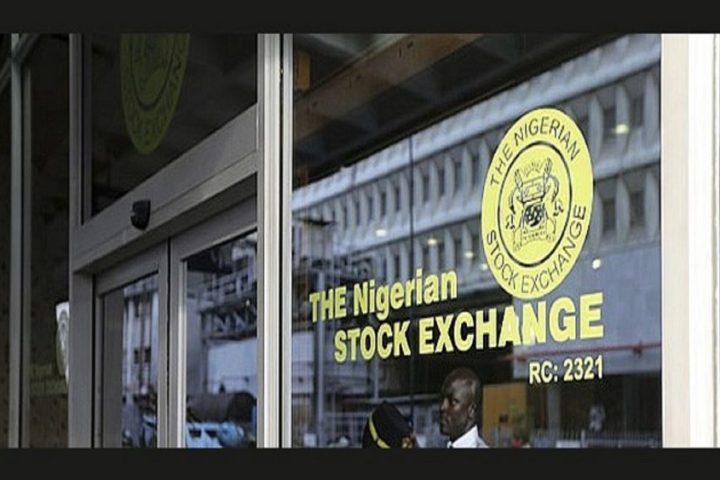Oil Prices Rise on Middle East Tensions
Global oil prices are climbing once again, driven by fears of escalating conflict in the Middle East. Brent crude, the global oil benchmark, inched closer to $80 per barrel on Monday, marking the continuation of a sharp upward trend that began last week. The heightened tensions in the region, particularly between Israel and Iran, are contributing to concerns over oil supply disruptions.
By mid-afternoon in London, Brent crude had increased by 1.4%, trading at $79.14 per barrel. Similarly, U.S. West Texas Intermediate (WTI) crude rose by 1.55%, reaching $75.53 per barrel, after an earlier surge of over $2.
Join our WhatsApp ChannelImpact of Conflict on Oil Prices
The ongoing conflict in the Middle East has intensified, with Hezbollah, an Iranian-backed militant group, launching rockets into Haifa, Israel’s third-largest city. As the conflict escalates, fears of oil supply interruptions from the region are driving the rise in oil prices. The potential for a broader war involving Israel, Iran, and their respective allies has added to market volatility.
“Any disruption to oil exports from the Middle East would have serious implications for the global oil market,” said energy analyst Sarah Wright. “The region is vital to global supply, and any conflict affecting oil routes or facilities could push prices even higher.”
Last week alone, Brent crude jumped more than 8%, while WTI surged by over 9%. These sharp increases came in the wake of an October 1 missile attack by Iran on Israeli territory, sparking concerns that Israeli retaliation could target Iran’s oil infrastructure.
Escalating Fears of Disruptions to Oil Supply
The ongoing tensions raise fears of further instability in a region that is crucial to global oil production. Israel has ramped up military activities, with plans to extend ground operations into southern Lebanon. These developments have heightened concerns about the U.S. and Iran being drawn into a more significant conflict, which could disrupt oil exports.
READ ALSO: Taxes, Not Oil Prices, Driving Fuel Costs- OPEC
Despite the rising oil prices, some experts remain cautious about the potential impact on global oil supplies. ANZ Research commented that while the situation is concerning, a direct attack on Iran’s oil infrastructure is unlikely in the near term.
“We see a direct strike on Iran’s oil facilities as one of the least likely responses by Israel,” said a spokesperson for ANZ Research. “OPEC’s spare capacity of 7 million barrels per day could provide a cushion in case of temporary disruptions.”
OPEC+ and Future Oil Production Plans
The Organisation of the Petroleum Exporting Countries (OPEC) and its allies, collectively known as OPEC+, have previously made significant production cuts to stabilize oil prices. However, there are expectations that the group may increase production in December.
“Given the recent cuts, we could see OPEC+ shift gears and boost output to manage rising demand or counterbalance any supply disruption caused by the Middle East crisis,” said market analyst John Peters.
OPEC+ has been cautious in recent years, implementing production cuts to prop up oil prices amid sluggish global demand. The group’s next moves will be closely watched by global markets, particularly as the situation in the Middle East continues to evolve.
Looking Ahead: Will Oil Prices Continue to Surge?
As the conflict in the Middle East unfolds, oil prices are likely to remain volatile. The potential for supply chain disruptions and the involvement of global powers in the region could push prices higher in the short term.
“We’re in a highly sensitive period right now,” said market expert Jane Harper. “With Brent crude nearing $80, any further escalation in the region could see oil prices surpass that mark.”
However, experts caution that global oil reserves and OPEC’s spare capacity may help mitigate the worst-case scenarios. For now, oil markets will continue to monitor developments in the Middle East closely, as they could significantly shape the future of global oil prices.
Oil Markets Watch the Middle East Closely
The rise in oil prices underscores the delicate balance between geopolitics and global markets. As tensions escalate in the Middle East, the risk of disruption to vital oil supplies grows, fueling uncertainty in the markets.
While Brent crude nears $80, analysts will keep a close eye on the region’s developments, knowing that any major escalation could lead to further price increases in the coming weeks.
Emmanuel Ochayi is a journalist. He is a graduate of the University of Lagos, School of first choice and the nations pride. Emmanuel is keen on exploring writing angles in different areas, including Business, climate change, politics, Education, and others.
- Emmanuel Ochayihttps://www.primebusiness.africa/author/ochayi/
- Emmanuel Ochayihttps://www.primebusiness.africa/author/ochayi/
- Emmanuel Ochayihttps://www.primebusiness.africa/author/ochayi/
- Emmanuel Ochayihttps://www.primebusiness.africa/author/ochayi/


















Follow Us